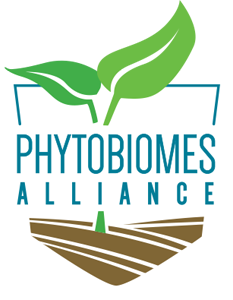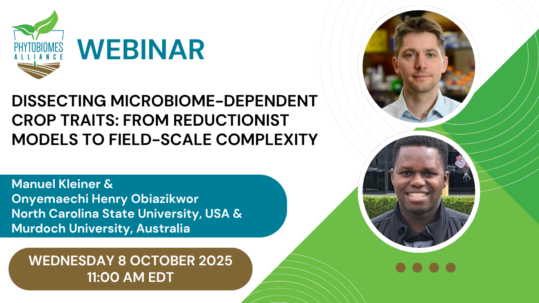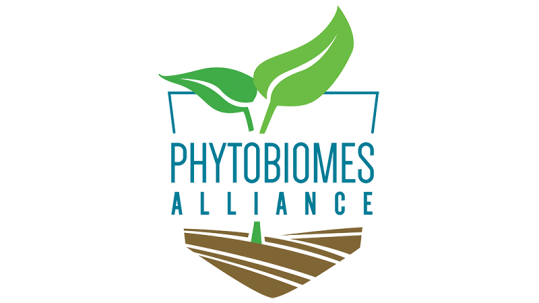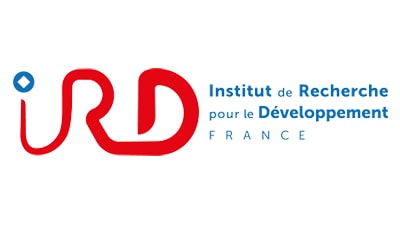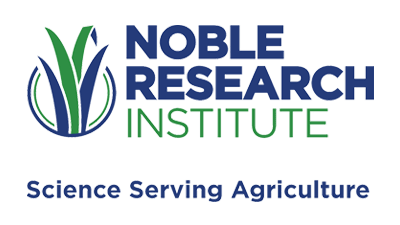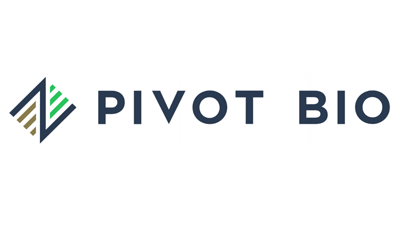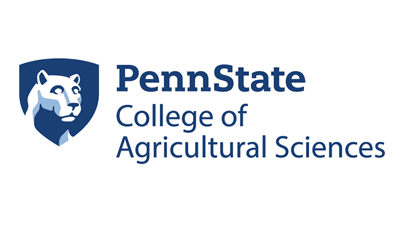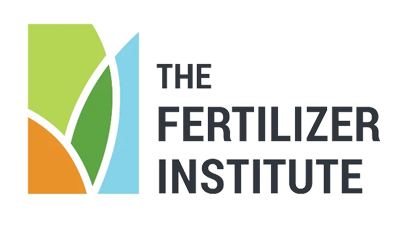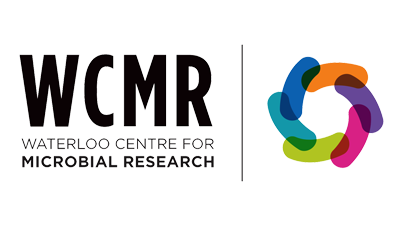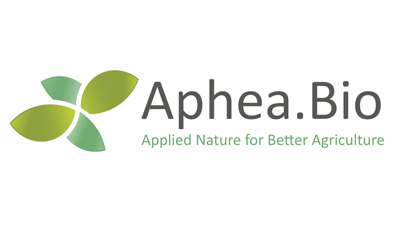Genome-based circumscription and phenotyping of regulated microbes, especially the select agent Ralstonia solanacearum
Rapid and precise identification of putative bacterial pathogens is critically important in protecting U.S. agriculture. This project leverages genome sequencing and genome-based classification to precisely identify select agents and other high risk quarantine pathogens and conclusively distinguish them from non-pathogens and closely related pathogens already present in the United States. While the experimental work is focused on Ralstonia solanacearum (Rs), the employed genome sequence-based approach is expandable to other bacterial pathogens.
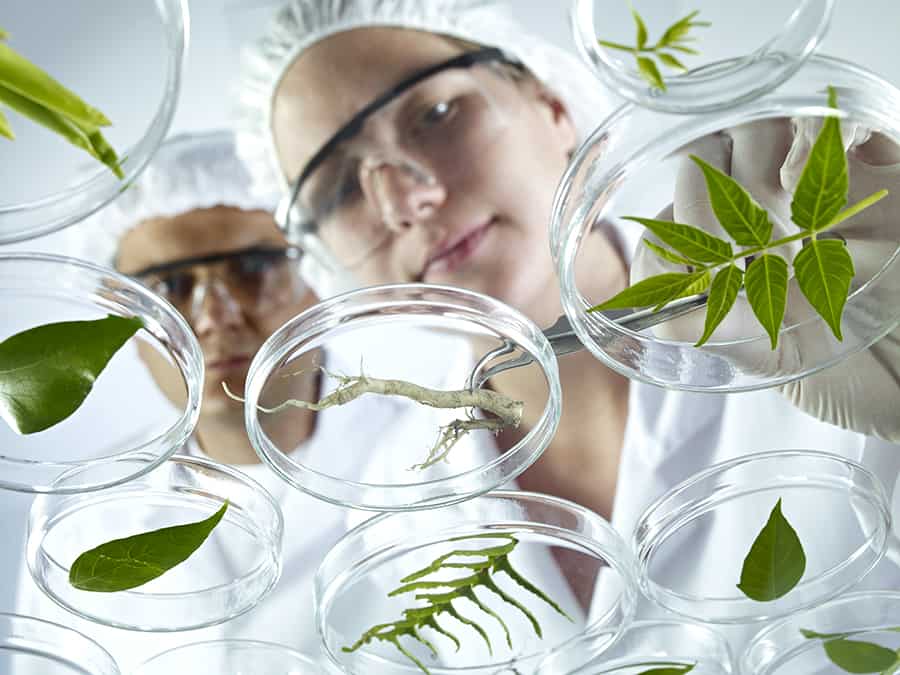
Upcoming Events
Organized by the Alliance
International Phytobiomes Conference 2021
14-17 September 2021 • Denver, CO, USA
The International Phytobiomes Conference 2021 will bring together a broad community of international researchers and scientists from the public and private sector to collectively advance the newly-emerging field of phytobiomes research.



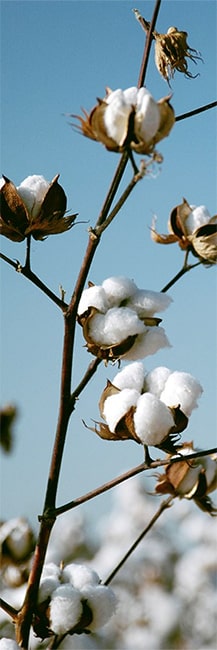
Featured Sponsor
Aphea.Bio
Aphea.Bio was founded in 2017 as a spin-off of the VIB and its partner universities UGent and KU Leuven and has raised about 10 million US$ in funding. The company can count on a solid scientific team of 22 people and strong leadership team with many years of experience in science and business.
Latest News
-
-
Webinar: Designing biosensors to inform ecosystem engineering
An effective strategy to enhance the resilience and productivity of biofeedstocks is to engineer plant-associated microbiomes. One example of microbiome manipulation is the use of biofertilizers and biopesticides containing plant growth-promoting microbes to improve plant health and pest resistance. However, these introduced microbes often fail to establish, persist, and consistently deliver benefits under varying environmental conditions. To address these challenges, we are developing novel biosensors to provide real-time measurements of microbial persistence and metabolic activity in complex environments. Here, we describe the development of Bacillus velezensis as a biosensor to support microbiome engineering in the plant rhizosphere. Specifically, we are engineering a gas-based biosensor that produces an indicator gas detectable by gas chromatography–mass spectrometry, enabling real-time, non-disruptive monitoring of microbial activity in soils from laboratory to greenhouse scales. We are utilizing a constitutive version of this gas biosensor to investigate how genetic traits influence B. velezensis survival under abiotic and biotic stress conditions, as well as inducible versions to assess the bioavailability of root exudates and their roles in plant-microbe interactions. Overall, these technical advancements will enable critical in situ monitoring of microbial activity, facilitating the identification of genetic modifications that can predictably and safely improve the performance of engineered plant biostimulants. June 06, 2025 News, Webinar -
Webinar: 100 Years of Collecting Biological Materials: The Diversity of the ATCC® Collection
For more than 100 years, ATCC® has been supplying the global scientific community with authenticated, high-quality biological resources and standards that support research with the power to transform lives. At its inception in the 1920s, ATCC® was regarded as simply a microbial culture collection—a repository of microorganisms that scientists could draw from to conduct their research to make new discoveries. Today, ATCC® provides the world’s leading scientists with the largest and most diverse collection of biological materials, including microbe products, cell products, molecular genomics tools, and nucleic acids. ATCC® also serves as both a type strain and patent depository. Our vast collection boasts more than 70,000 microbes and 4,000 eukaryotic cell lines used in various industrial applications, and we are continuing to expand. In this presentation, I will highlight the diversity and importance of the collection built over the last 100 years. I will also describe the tools used to authenticate the materials and provide examples of how this collection can be used as a valuable resource for the present and future generations of scientists. June 04, 2025 News, Webinar -
Phytobiomes Alliance Newsletter – May 2025
In this issue, we are sharing updates from Alliance projects, news from our working groups, and upcoming events and webinars.... May 28, 2025 News, Newsletter
